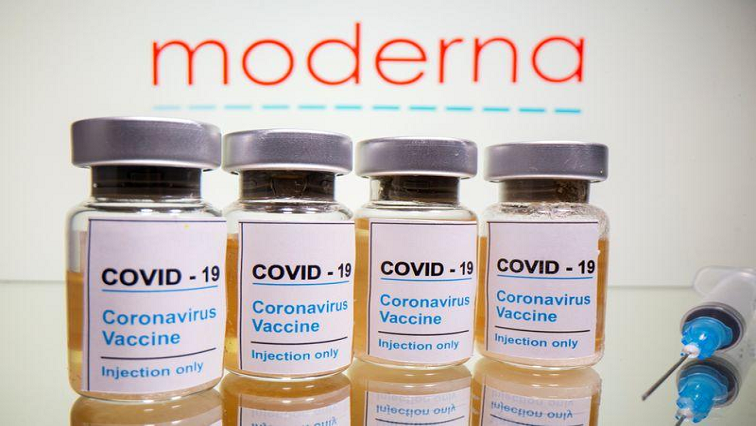While wealthier nations across the globe have already secured large quantities of COVID-19 vaccines, South Africa is facing a challenge, as many are hesitant to take such vaccines. This has been revealed at a webinar on vaccine equity, hosted by the United Nations.
It comes as three pharmaceutical giants announced that their vaccines are effective in fighting COVID-19.
This week, pharmaceutical company AstraZeneca, announced that late-stage trials of its COVID-19 vaccine, developed in conjunction with the UK’s Oxford University have proved 70% effective at protecting people from COVID-19.
The results are the third promising vaccine breakthrough in the fight against the coronavirus. Earlier this month, US drugmakers Pfizer and Moderna reported preliminary results from late-stage trials, showing that their vaccine candidates were almost 95% effective.
Pfizer releases its data:
However, with more than 60 million people currently infected with the coronavirus globally, the focus now shifts to access and equitability.
Co-chair of the South African Ministerial Advisory Committee on COVID-19, Professor Salim Abdool Karim says South Africa needs a vaccine with high levels of efficacy.
“There is more good news, there are 12 vaccine trials, in the late stages. There are many different types of vaccines. Two out of every three people need to have immunity against the virus for us to have immunity. If we have a 90% efficacious vaccine, as we do with Pfizer/BioNtech, 7 out of every 7 South Africans will have to be vaccinated. If we choose to go with a vaccine that’s 80% efficacious, more than 8 out of 10 South Africans will have to be vaccinated. With a vaccine that’s 70% efficacious, if have to immunise everybody in our country, that’s very difficult to achieve.”
Citizen’s hesitancy to receive vaccine
Meanwhile, Karim says a bigger challenge for the country remains its citizen’s hesitancy to receive the vaccine. A global survey revealed that South Africans are concerned about fake news in relation to the virus and possible side effects. Karim says cost is also a key consideration when choosing a vaccine appropriate for South Africa.
Currently, the Moderna vaccine costs 33 dollars per dose, the Pfizer vaccine costs 20 dollars per dose and the Oxford vaccine costs 4 dollars per dose.
“We already have some vaccine hesitancy in this country. If we are going to select a vaccine, the first thing we do is never compromise on safety. We want a vaccine that is efficacious. Then we will consider issues of cost. Ease of storage and administration. Then whether it is a single dose or two doses.”
Consultation regarding vaccines
Founding member of the Vaccine Advocacy Resource Group, Tian Johnson says in South Africa communities were never consulted on vaccine trials. He says the vaccine should reach those communities that need it the most.
“Politics, power, and money continue to shape the global response to COVID-19. Government has to rate its response on vaccine equity and allocation in the constitution. In several trials, communities are consulted when all the other work is done. There are current trials in this country, where communities have never seen the protocol. They were never engaged.”
Demand and supply of vaccines
Three major pharmaceutical giants have begun production of their COVID-19 vaccines and countries like the United States, Britain, Canada and India have already pre-ordered millions of doses.
Senior Humanitarian Policy and Diplomatic Advisor at Medecins Sans Frontieres, Jens Pedersen says high demand with limited supply should encourage Africa to manufacture its own vaccine.
“There are many strong reasons to be skeptical when it comes to whether we will achieve equity. This is actually a political issue. We need, as Africa to be stronger in making sure that we make demands when it comes to the ability to us accessing vaccines. I would argue demands for Africa to manufacture vaccines. The goal should not be about buying vaccines. We are faced with the reality of an incredibly limited supply with very high demand. We have to go to the source of the problem, which is manufacturing.”
South Africa is expected to receive the first batch of the COVID-19 vaccine by June 2021.


